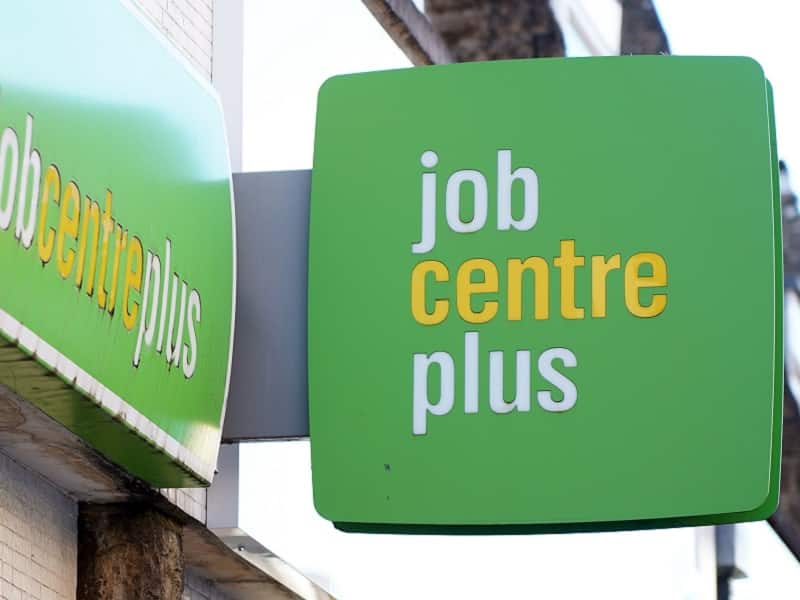
More than 100 fewer people in Allerdale were claiming unemployment benefits in September than the month before, figures show.
Office for National Statistics data shows 2,055 people in the area were claiming out-of-work benefits as of September 9, down from 2,185 in August.
It means 3.6 per cent of Allerdale’s working-age population sought support in September – down from 3.8 per cent the previous month.
And it was also 645 fewer than the number of claimants recorded in September last year.
The figures include those aged 16 to 64 on Jobseeker’s Allowance and some Universal Credit claimants, who are unemployed and seeking work or employed but with low earnings.
The ONS cautioned that changes to Universal Credit in response to the virus mean more people can get the benefits while still being employed, which could affect the figures.
It also said a small number of people who can claim both JSA and UC could be counted twice.
National figures, which are adjusted to account for seasonal changes, show the number of people seeking help across the UK fell by 80,000 month on month to 2.1 million in September.
The ONS said the number of payrolled workers rose by 207,000 nationally between August and September to a record 29.2 million – higher than levels seen before the pandemic struck in February 2020.
Different ONS figures show the rate of unemployment fell further to 4.5 per cent between June and August, down from 4.6 per cent in the quarter to July and the lowest level for a year.
Britain’s jobs market rebound has sparked speculation that the Bank of England may raise interest rates faster than expected, as it looks to cool soaring inflation, with fewer unemployment fears to hold it back.
While furlough came to a close at the end of last month, the data showed vacancies almost matching those left on the support scheme, raising hopes the UK will avoid any spike in unemployment.
Darren Morgan, director of economic statistics at the ONS, said: “The jobs market has continued to recover from the effects of the coronavirus, with the number of employees on payroll in September now well exceeding pre-pandemic levels.
“Vacancies also reached a new one-month record in September, at nearly 1.2 million, with our latest estimates suggesting that all industries have at least as many jobs on offer now as before the onset of COVID-19.”
But the ONS flagged the impact of the mounting recruitment crisis in the UK, with vacancies rising 318,000 above levels seen before COVID and recent analysis showing a raft of sectors struggling to fill posts.
Chancellor Rishi Sunak said: “As we move to the next stage of our support, it’s encouraging to see our Plan for Jobs working – the number of expected redundancies remained very low in September, there are more employees on payrolls than ever before and the unemployment rate has fallen for eight months in a row.”








